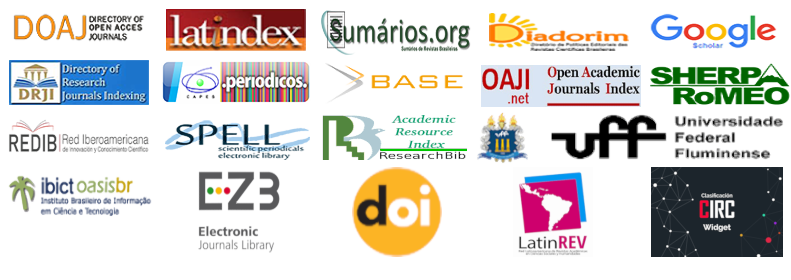A Administração de Marketing como Diferencial para Excelência no Terceiro Setor
DOI:
https://doi.org/10.20401/rasi.8.3.614Keywords:
Marketing mix management, 7P's, Non-Profit Institutions, AgribusinessAbstract
Este caso didático visa promover a imersão dos leitores em uma reflexão envolvendo a área de Administração em geral, com foco especial na Gestão de Marketing, a partir da criação e trajetória do caso que envolve o IBS. Para a construção deste caso, os dados foram coletados a partir de entrevistas semiestruturadas, cujas questões foram em sua maioria abertas, com os diretores do Instituto. Também foi realizada uma pesquisa documental em mídias sociais para conhecer mais detalhes sobre a história da Instituição. A literatura da área de Administração, em geral, não aborda o terceiro setor sob a ótica das estratégias de gestão. Nesse caso, as conquistas de uma instituição do terceiro setor baseiam-se na adoção de práticas de excelência em marketing. Assim, pode-se concluir que o terceiro setor, ao utilizar práticas de marketing bem delineadas, obtém resultados satisfatórios. Em relação à originalidade, o caso foi descrito com dados reais, com objetivo educacional de oferecer ao professor uma representação real sobre os conceitos que envolvem a área de administração, principalmente no que se refere ao planejamento de uma empresa e ao uso de estratégias de marketing a serem trabalhadas por alunos de graduação.
Downloads
Downloads
Published
Issue
Section
License
Copyright (c) 2022 Review of Administration, Society and Innovation

This work is licensed under a Creative Commons Attribution 4.0 International License.
RASI, in accordance with Law No. 9,610 of February 19, 1998, which amends, updates and consolidates Brazilian copyright law and makes other provisions, adopts the following conditions of the Copyright Assignment:
1. RASI maintains, with the transfer of copyrights, the possession of rights over the content published;
2. The author retains his moral rights of the content, including the right to be identified as the author whenever the content is published;
3. Despite the attribution of copyright, the author retains the right to reuse the material in future collections of his own work without encumbrance. The acknowledgments of the previous publication in the RASI are the only requirements in such cases;
4. The author may make photocopies of the content, or distribute it by electronic mail or fax, provided that they are intended for their own classes and for the purpose of meeting research objectives, provided that: (a) such copies are not resold and (b) reference to the original source of the publication and the name of the RASI are clearly indicated on all copies made of the document.











